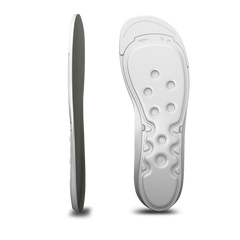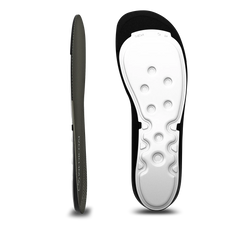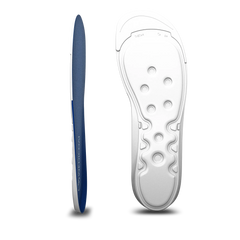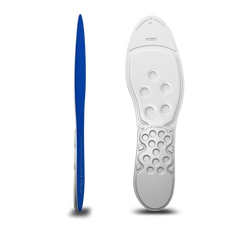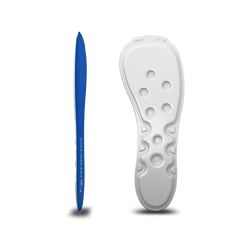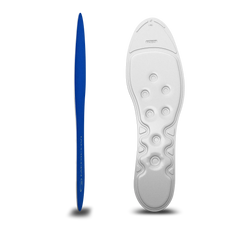Herniated Disc (Hernia Disci): Symptoms, Causes, and Treatments

A herniated disc, also known as a hernia disci, is a painful condition of the spine that can affect the quality of life for many individuals. It is important to understand its symptoms, causes, and the available treatment options. In this article, we will take a close look at this medical condition.
Symptoms
The symptoms of a herniated disc can vary and significantly impact the daily lives of affected individuals. These symptoms vary depending on the location and severity of the problem. Below is a detailed breakdown of some of the most common symptoms associated with a herniated disc:
- Lower back pain: One of the most typical symptoms of a herniated disc is lower back pain. This pain can have various characteristics, including a sharp stabbing pain, pulsating discomfort, or a pulling sensation. This type of pain often occurs in the lumbar spine region, where a large portion of our body is supported.
- Leg pain: A herniated disc in the lumbar area can result in pain that radiates down into the thighs, lower legs, and even to the feet. This pain can be quite intense and uncomfortable, limiting the mobility and daily activities of the affected individual. In addition to pain, affected individualsmay also suffer from tingling, numbness, and/or weakness in these areas of the body.
- Muscle weakness: A herniated disc can lead to muscle weakness in the legs. This means that the affected individual may feel weaker and have difficulty walking or lifting objects. This muscle weakness can result from the compression of nerve structures in the spinal region.
- Sensitivity issues: Some people may experience reduced sensitivity in areas affected by the herniated disc. This can include tingling, numbness, or decreased sensitivity to touch. These sensitivity issues can be caused by pressure on the nerve roots due to the herniated disc.
- Increased pain during movement: Pain associated with a herniated disc can worsen with movement. This includes activities such as lifting heavy objects, prolonged sitting, sudden movements, and even coughing or sneezing. These activities can increase pressure on the affected area and exacerbate the pain.
Causes
The causes of a herniated disc are complex and multifaceted as this condition can result from variety of factors. Let's take a close look at these causes:
- Aging: One of the most significant risk factors for a herniated disc is aging. As individuals get older, the discs in the spine gradually degenerate. Their inner core loses hydration and elasticity, leading to a loss of the ability to absorb shocks and pressure. This process makes the discs brittle and susceptible to damage, increasing the risk of disc herniation.
- Injuries: Physical injuries to the spine can be a major cause of a herniated disc. Accidents, trauma, falls, or severe injuries, especially in the back area, can cause tears or ruptures in the intervertebral discs. These types of damage can lead to the herniation of the inner disc material through the outer shell.
- Genetic predisposition: For some individuals, their genetic predisposition can be a significant factor that increases the risk of a herniated disc. If you have a family history of this condition, there is a greater likelihood that you may be more susceptible to developing this problem. Genetic factors can affect the structure and quality of the discs, increasing the risk of degeneration and disc herniation.
- Excess weight and inappropriate body weight: Excess weight and obesity can be another contributing factor to disc herniation. The additional load on the spine caused by excess body weight can exert excessive pressure on the intervertebral discs. This pressure can worsen disc degeneration, which increases the risk of herniation.
Treatments
Treatment of a herniated disc is a complex process that depends on the severity of symptoms and the individual needs of the patient. Here is a detailed overview of possible therapeutic approaches for treating a herniated disc:
- Conservative treatment: Conservative treatment is typically the first step in managing a herniated disc. This includes various methods such as:
- Rest: Patients should give their spine time to recover by limiting activities that worsen pain.
- Physical therapy: Physical therapy is often recommended to strengthen the muscles of the spine and improve flexibility. Specific exercises can help reduce pain and improve functionality.
- Pain medication: Pain medications, such as analgesics or non-steroidal anti-inflammatory drugs (NSAIDs), are used to relieve pain and inflammation.
- Anti-inflammatory medications: If the pain is associated with inflammation, a doctor may prescribe anti-inflammatory medications to reduce inflammation in the disc area.
- Injection therapies: In some cases, injection therapies may be used to provide pain relief and reduce inflammation. These therapies can include:

- Corticosteroid injections: Corticosteroids may be administered directly to the affected area to reduce inflammation and pain.
- Local anesthetic injections: Local anesthetics may be used for temporary pain relief.
- Surgical intervention: If conservative methods do not provide sufficient relief or if the herniated disc is too severe, surgical intervention may be necessary. There are several surgical options, including:
- Discectomy: Surgical removal of part or all of the herniated disc to relieve pressure on nerve structures.
- Laminectomy: Removal of part of the vertebral arch to release pressure on the disc and nerve roots.
- Rehabilitation: After surgery or during conservative treatment, rehabilitation is a key component of recovery. Physical therapists can help patients regain strength, flexibility, and range of motion in the spine. Physical therapy helps reduce the risk of recurrent disc herniation while improving the patient‘s overall quality of life.
Medicovi Orthopedic Insoles: Medicovi T40 orthopedic insoles can be a helpful addition to the treatment and symptom relief of a herniated disc. For people suffering from pain caused by a herniated disc, everyday activities such as walking can be uncomfortable. These insoles can enhance comfort by reducing pain during walking. Through patented water wave therapy, they stabilize the feet, which can indirectly help alleviate some symptoms associated with a herniated disc.
It is essential to consult with a physician or spine specialist if you suspect a herniated disc. The same treatment does not work for everyone, so individualized approaches are important to achieve the best possible outcome and minimize complications. The earlier a herniated disc is diagnosed and treatment begins, the better the chances of a successful recovery.
